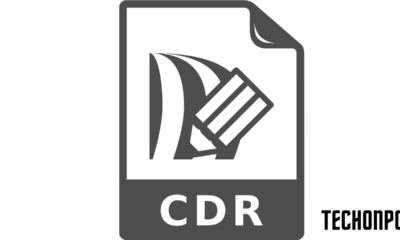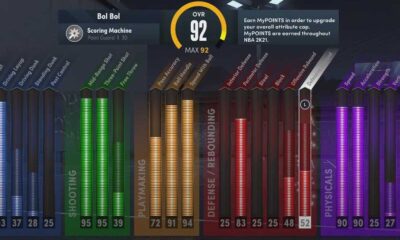
Building an Ethical Fund: Tips For Choosing The Right Stocks and ETFs
ETFs, also known as Exchange-Traded Funds, are among the most popular financial products in the investment world. Over the years, ETFs have increased exponentially due to their ability to conquer bank and individual administrations.
Their popularity comes from varying aspects of finance, such as diversification, low cost, access to global assets, and ease of administration. However, choosing an ETF ethical fund for investment may be quite challenging since there are different types of this finance product.
Therefore an investor must consider the following to choose the right stocks and ETFs for his ethical fund.
1. Discover the Type of Ethical Fund You Want
Knowing what kind of Ethical Fund you need before creating an ethical fund account is essential. Moreover, the individual can take financial and investment tests to understand what profile suits them. Additionally, consulting with an expert in the financial market field is a good option in making a good decision.
2. Define Your Investment Goals
Identifying your investment objectives will help you choose the right ETF and stocks. As with any investment, consider what your financial goals are and for what time frame. It is recommended that you have a clear plan that guides your financial planning and offers you a level of vision in the face of the imponderables that will arise along the way.
3. Know the Types of ETFs and Stocks.
Understanding the different types of ETFs and stocks is vital for a successful ethical fund. Additionally, identifying your investment goals helps you to determine the specific asset needed to achieve the goals. Moreover, knowing the asset class enables the investor to understand the Investing and payment costs associated while creating an ethical fund.
4. Determine the Level and Class of the Asset
The level class of acquisition determines the long-run risk during operations. For a successful ethical fund, it’s necessary to decide on the style associated with the different types of ETF and stock assets invested. Furthermore, these classes enable the investor to create a diversified investment portfolio.
5. Know the Risk Associated
Risks are the backbone of most investments since they define the objectives, limitations, and possibilities of choosing a specific investment. Therefore, for the investor, the need to know and understand the risks and previous market projections that will occur when building an ethical fund is necessary.
Also, a long period of investments has higher stakes, and the investor needs to understand the liquidity of the financial aid and how easily and quickly the asset can be bought and sold.
6. Know the costs associated with the Investment
Understanding and knowing the Investing and payment costs related to building an ethical fund is vital. Such charges include commissions for managing the assets, maintenance costs, and costs associated with the occurrence of risks.
Conclusion
Generally, ETFs and Stocks are known to provide higher returns and profitability when the right investment strategy is used. However, an investor should do good research with experts’ help to decide what type of funds suits them.

 Microsoft4 years ago
Microsoft4 years ago
 Torrent4 years ago
Torrent4 years ago
 Money4 years ago
Money4 years ago
 Torrent4 years ago
Torrent4 years ago
 Education3 years ago
Education3 years ago
 Technology4 years ago
Technology4 years ago
 Technology4 years ago
Technology4 years ago
 Education3 years ago
Education3 years ago




You must be logged in to post a comment Login